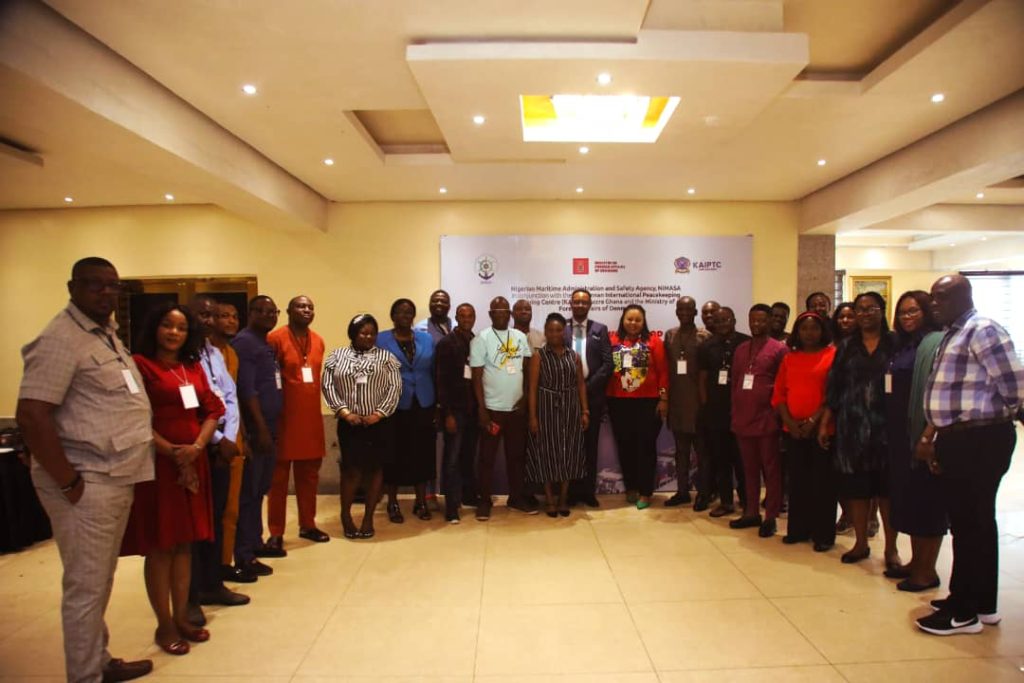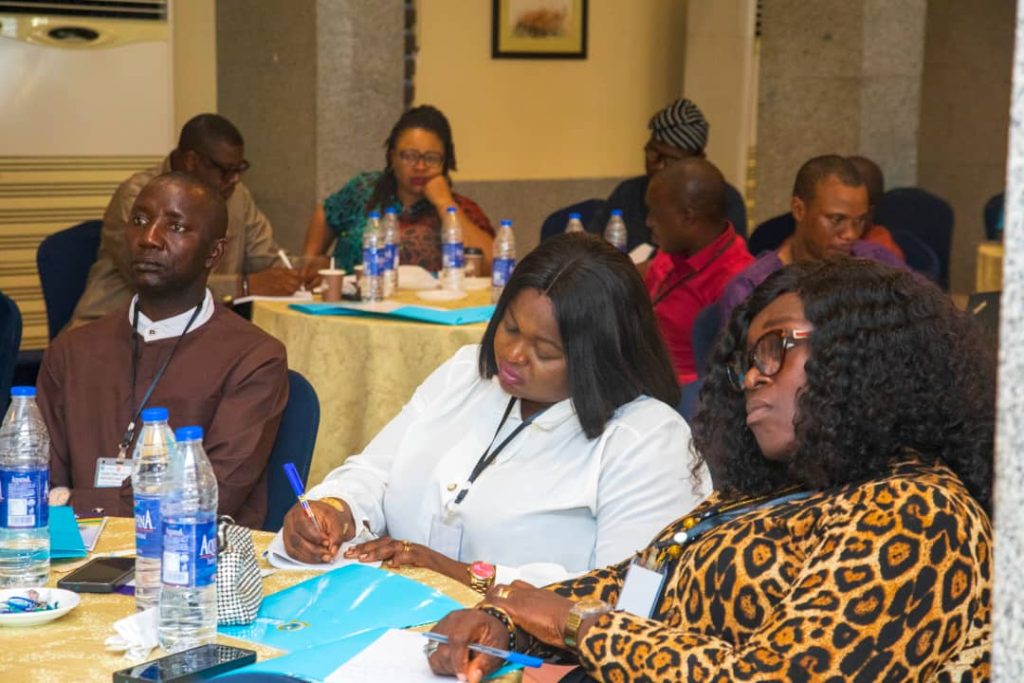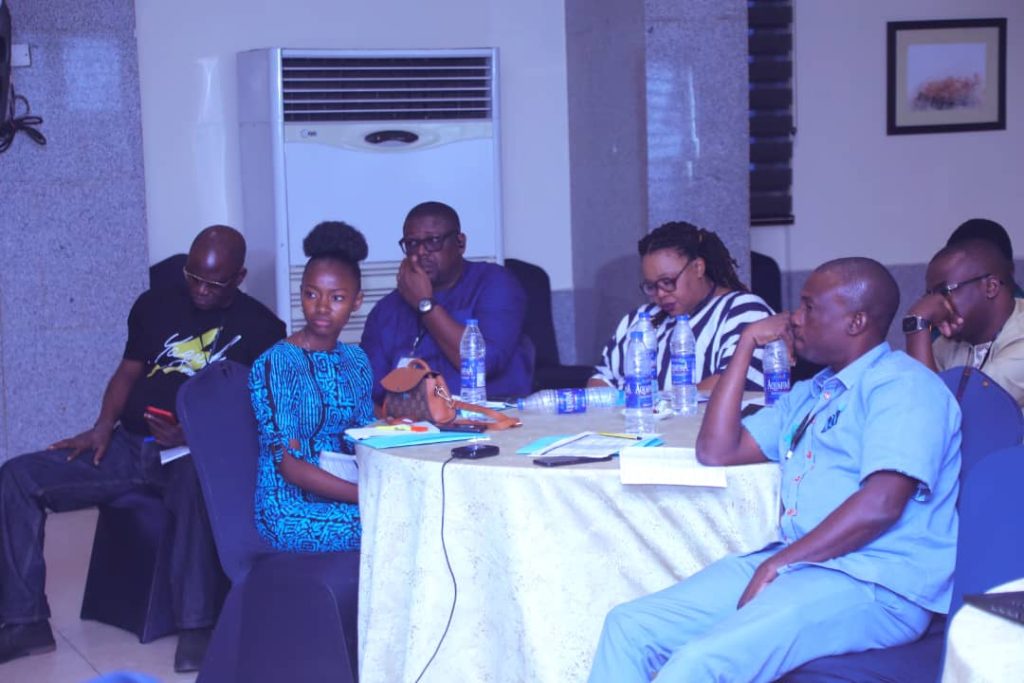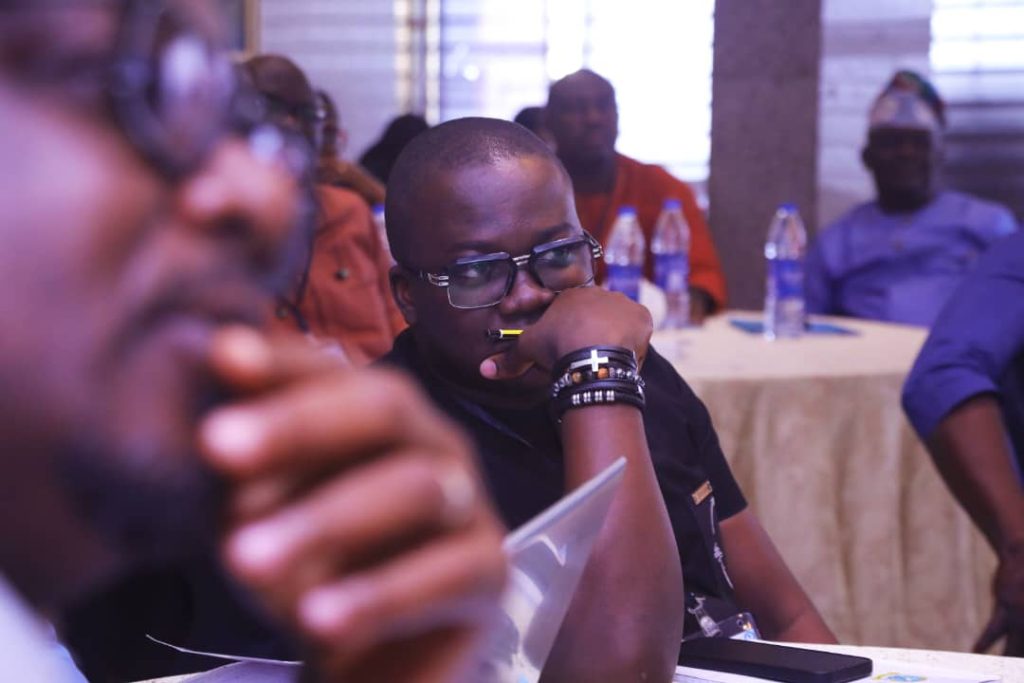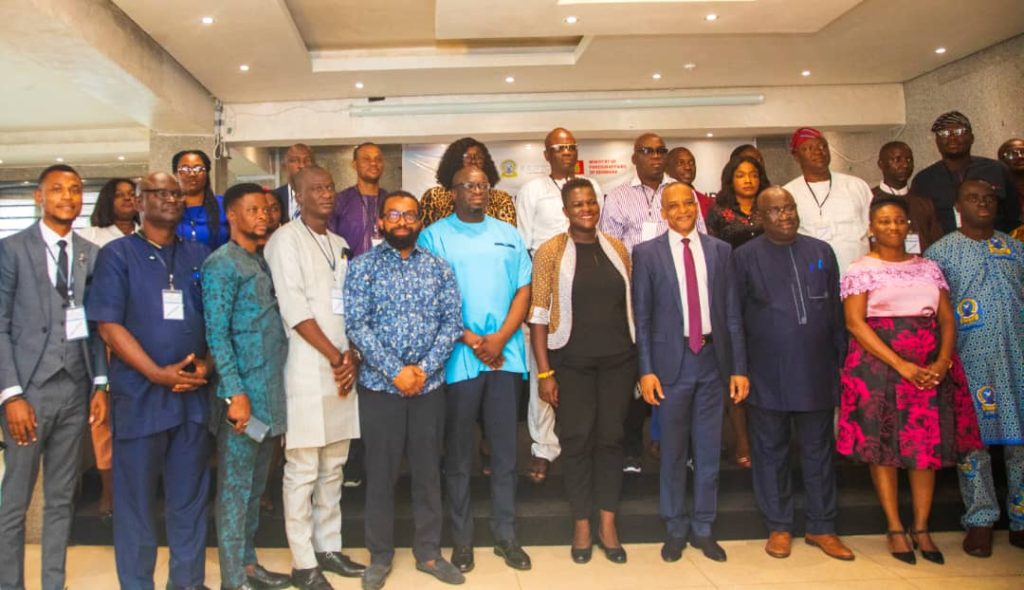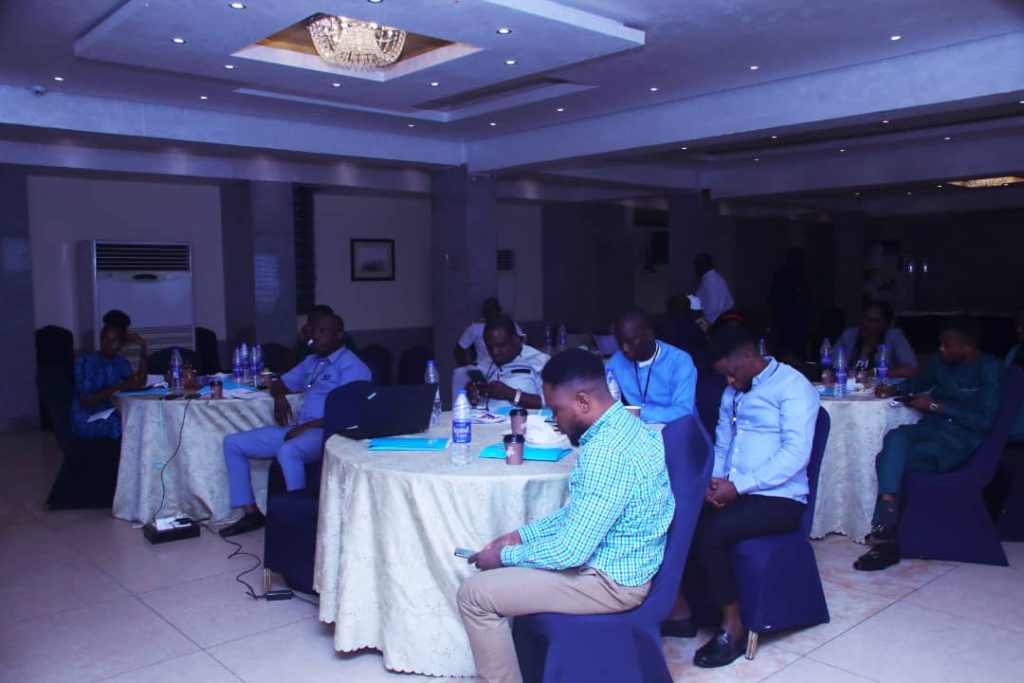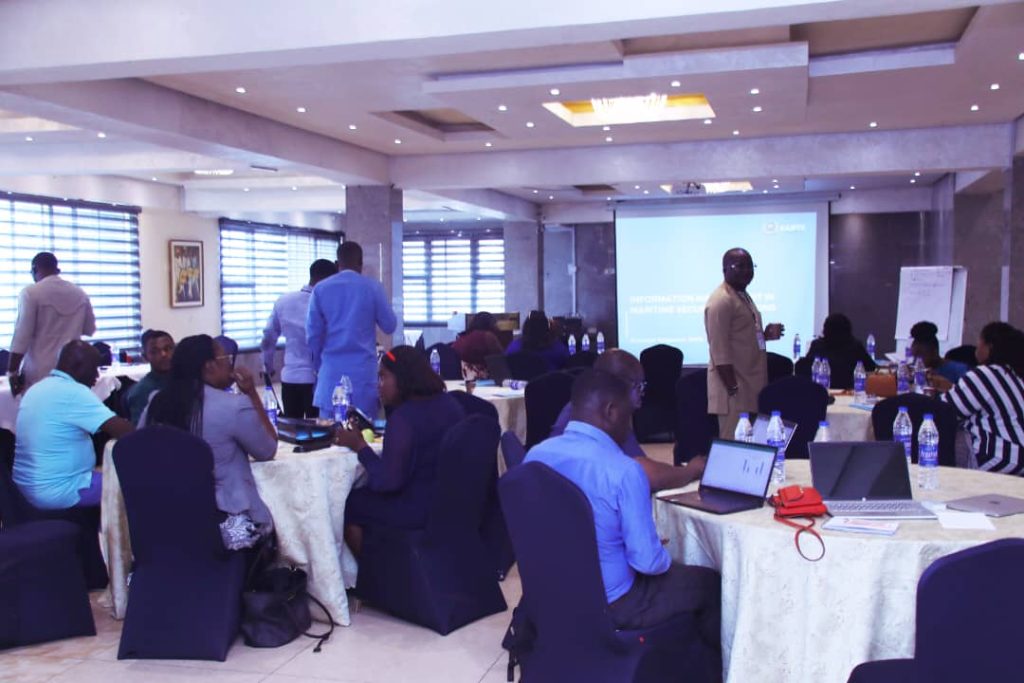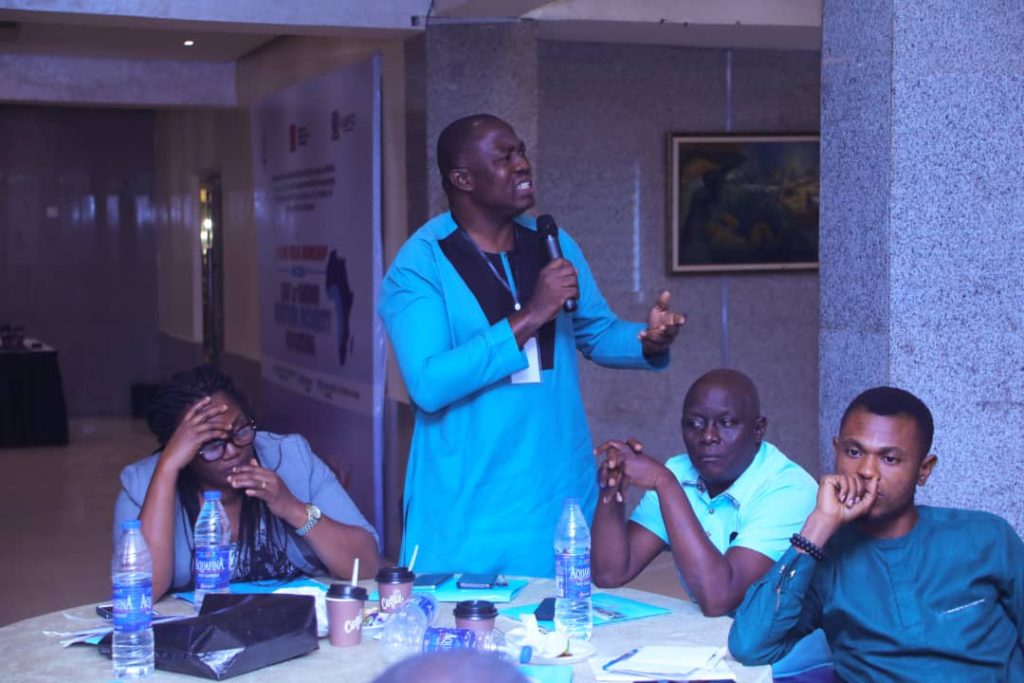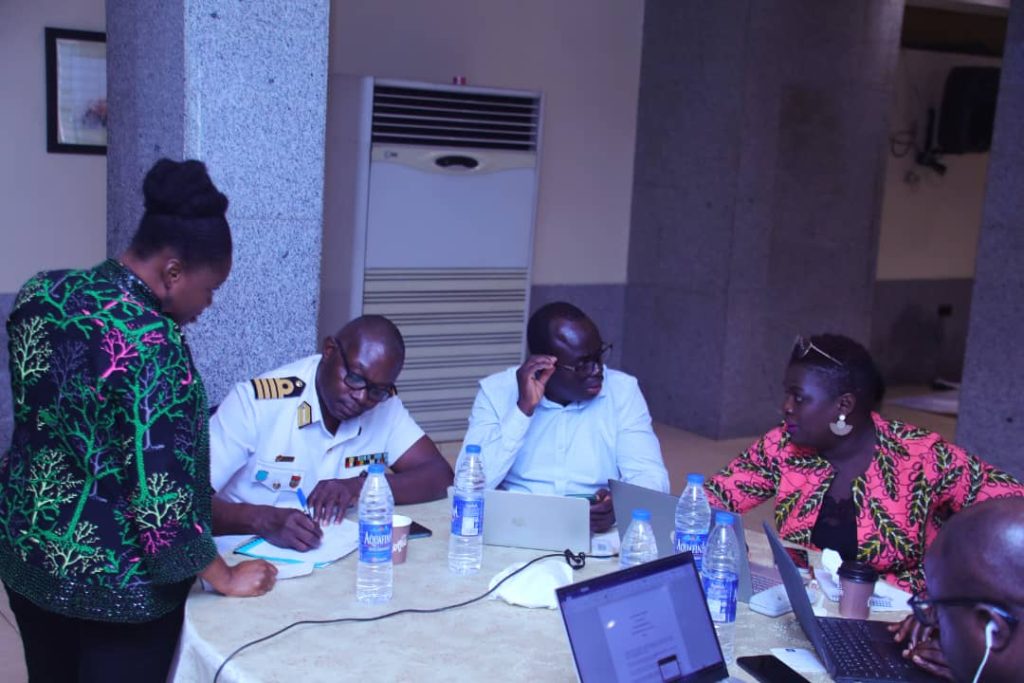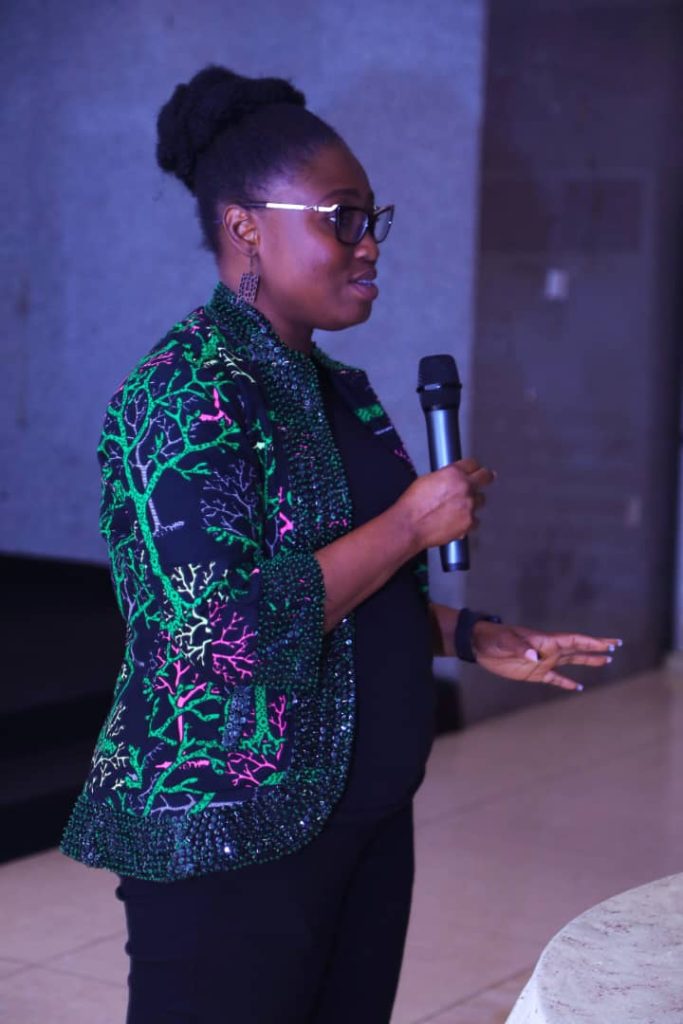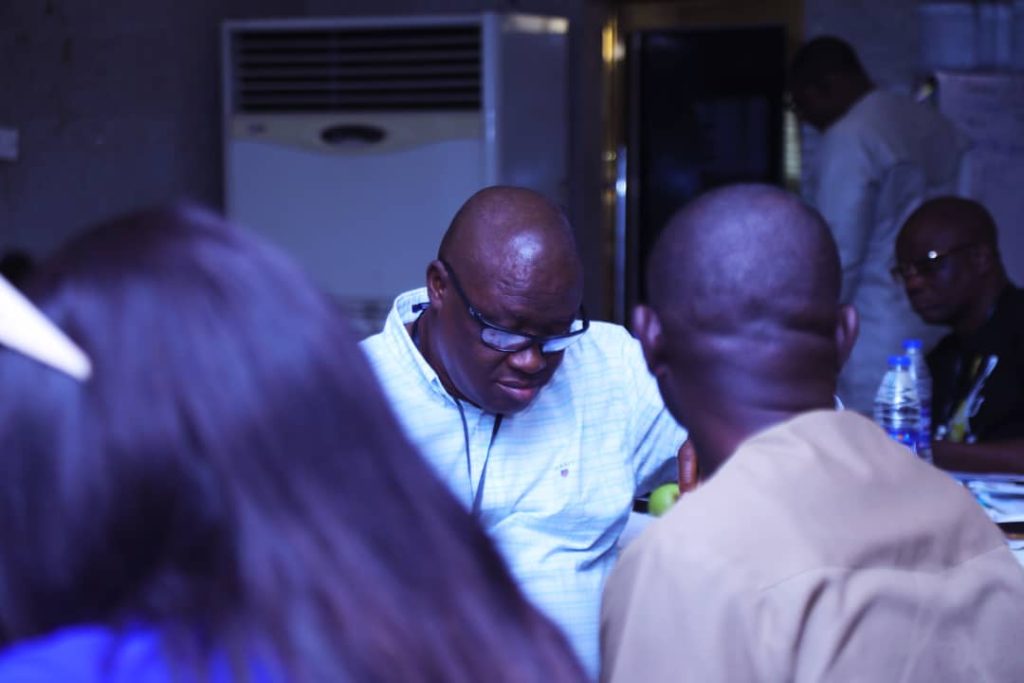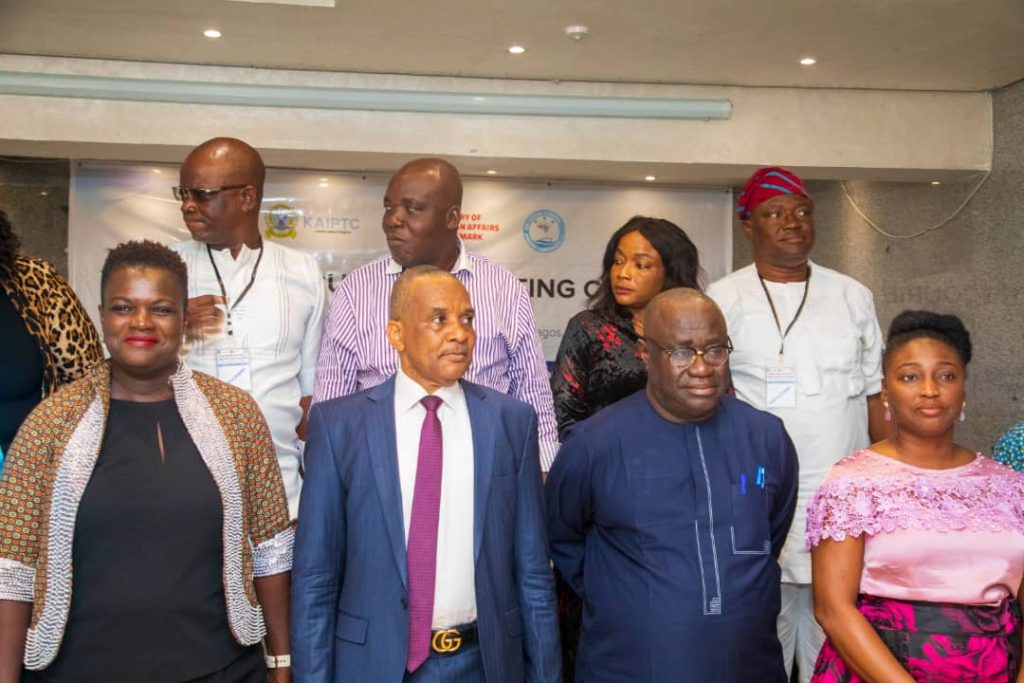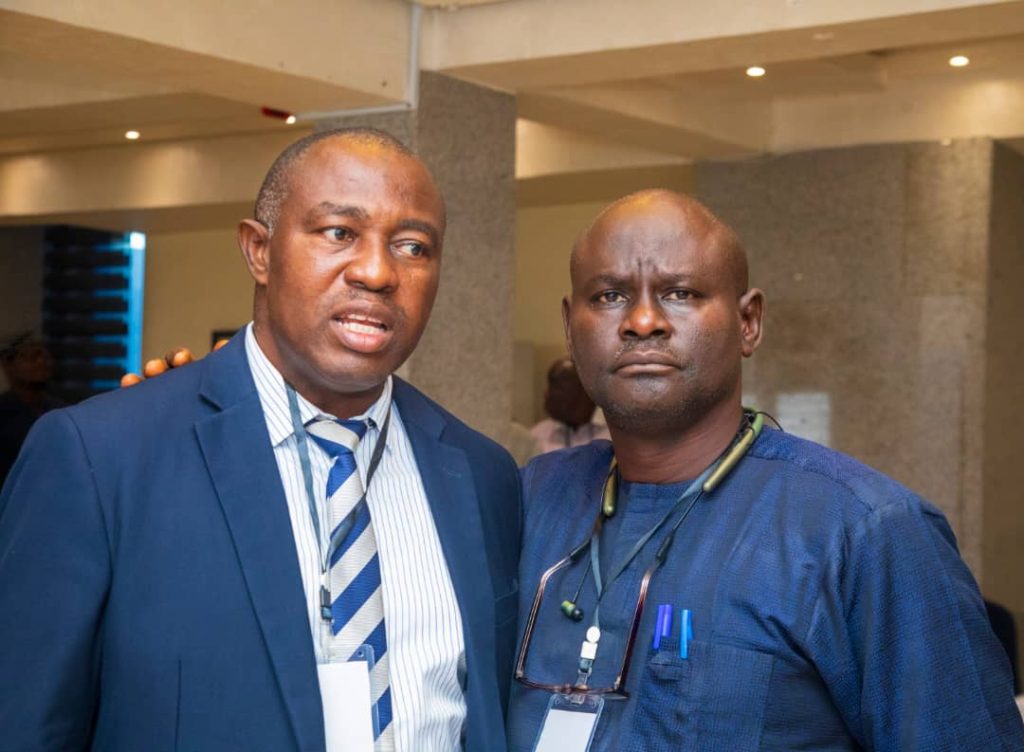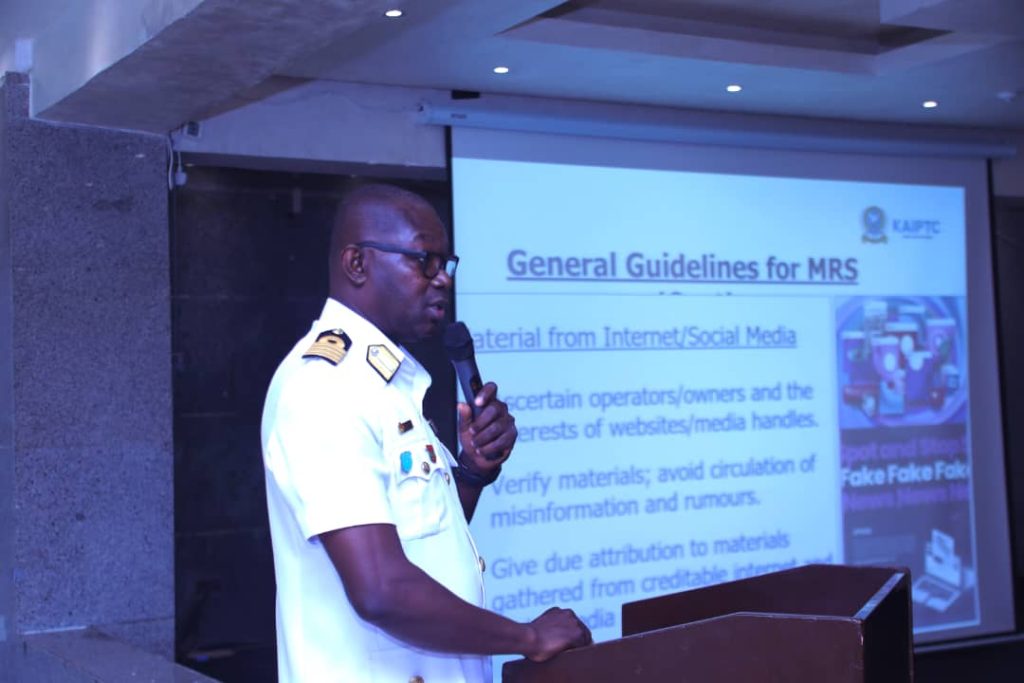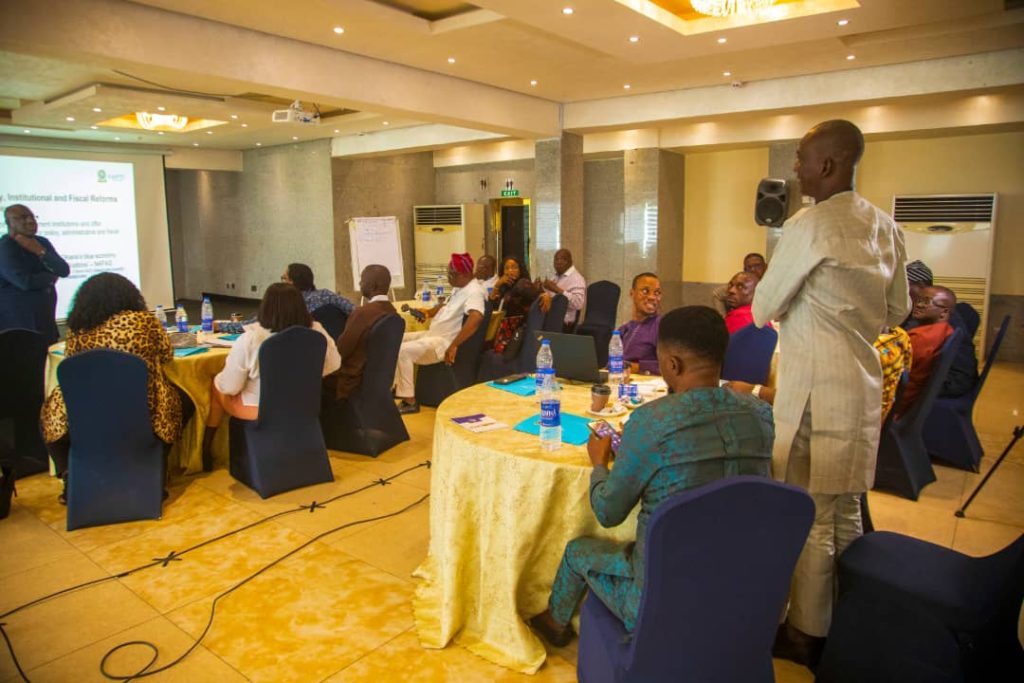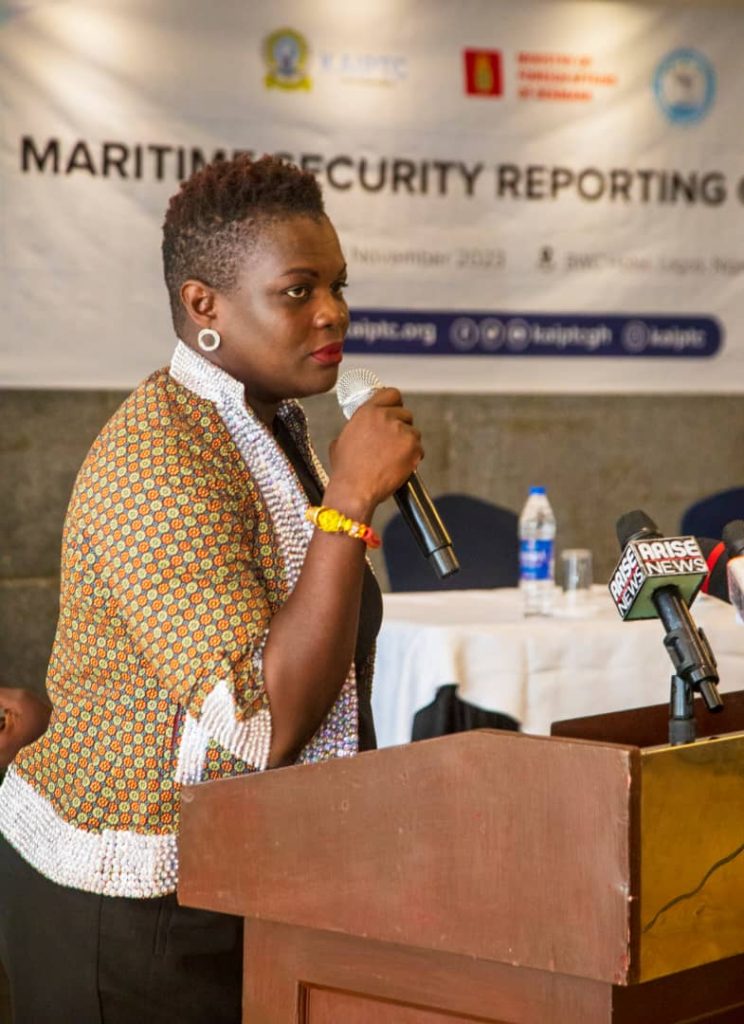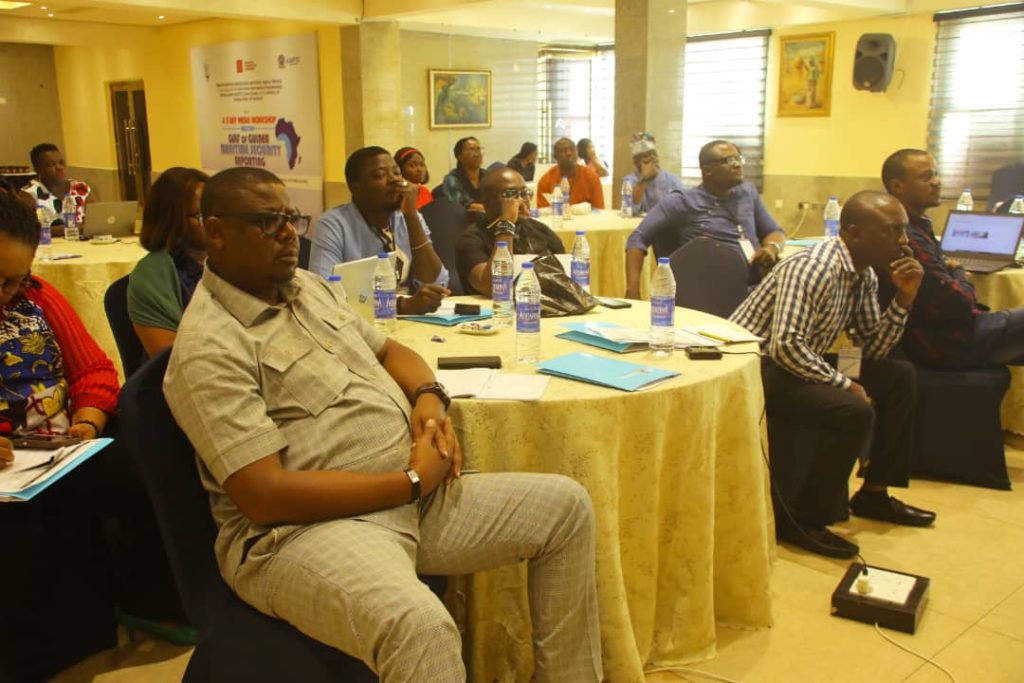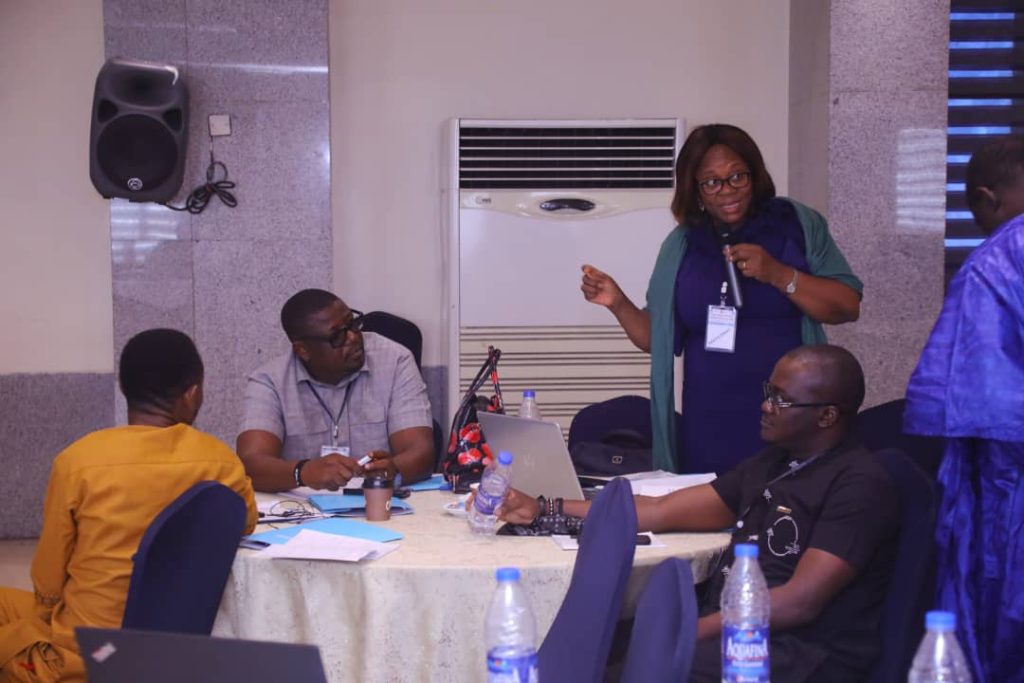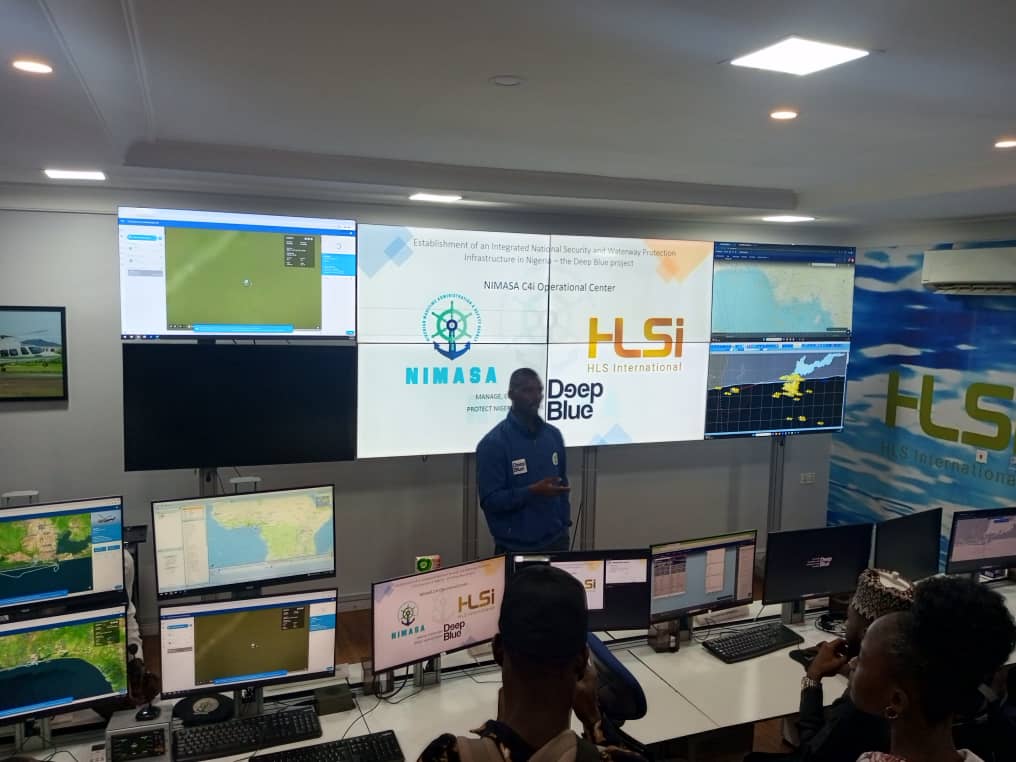6-10 November 2023
The recently conducted Maritime Security Reporting Course by the Kofi Annan International Peacekeeping Training Centre (KAIPTC) in Lagos, Nigeria, is a commendable effort aimed at strengthening the role of media professionals in the maritime security domain, particularly in the Gulf of Guinea region. With financial support from the Government of Denmark, this 5-year project (2022-2026) enhanced both the knowledge and skill sets of 26 maritime security actors, media journalists, and media liaison officers in Nigeria.
The course covered a range of crucial topics, including Introduction to Blue Economy and Maritime Security, Media and Maritime Security, Information Management in Maritime Security, Law and Ethics in Maritime Security Reporting, Legal and Policy Frameworks, Coastal Communities and Maritime Security, Gender, Livelihoods, and Maritime Security, and Collaboration and Cooperation among Maritime Security Stakeholders. The participants in the program came from various media backgrounds.
Participants had the opportunity to visit maritime institutions and this was a unique aspect of the program. This provided the participants with a well-rounded learning experience, combining theoretical knowledge with practical exposure. The exposure to key maritime institutions like NIMASA and NPA enhanced their understanding of maritime security and equipped them with valuable insights that will be beneficial in their future endeavors. During their visits, the participants were able to observe and learn from professionals working in these institutions. They were given insights into the day-to-day operations and the challenges faced in ensuring maritime security. This hands-on experience added depth to their understanding of the subject matter. They also had the opportunity for a sea experience. This allowed them to gain practical knowledge about maritime security and understand its complexities.
The impact of this course is anticipated to be twofold: first, it is expected to significantly elevate the quality and professionalism of maritime security reportage in Nigeria, as the participants, armed with enhanced knowledge and skills, contribute more effectively to the attainment of maritime security through a professional reportage of maritime security issues. Second, on a broader scale, the ripple effect is likely to improve the overall maritime security reportage standards in the Gulf of Guinea region. By fostering a just reporting regime and illuminating the crucial nexus between media reportage and maritime security, the course’s aim of creating a more informed and collaborative environment has been achieved. This, in turn, can lead to increased awareness, better policy frameworks, and improved cooperation among maritime security stakeholders, ultimately contributing to a safer and more secure GoG maritime domain.


